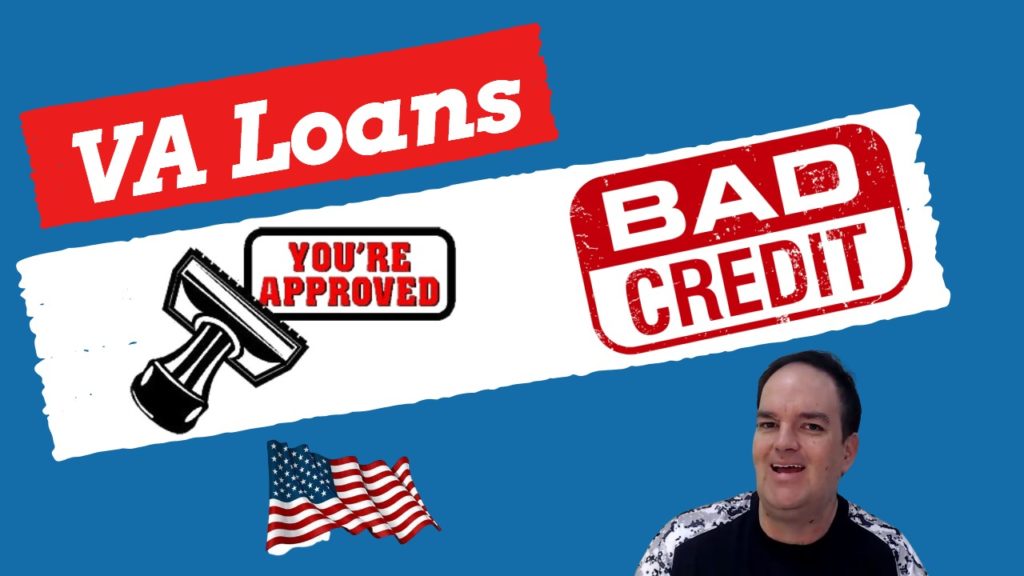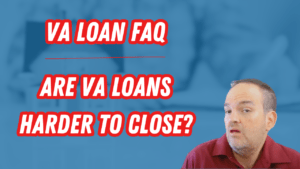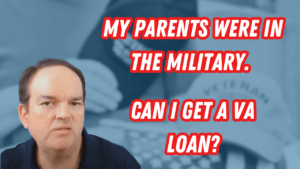
Can You Get A VA Loan With Open Collections On Credit?
Can you still qualify for a VA loan if you have open collections on your credit report? In this video, we cover what you need to know about VA loan credit requirements and how open collections might impact your approval.




